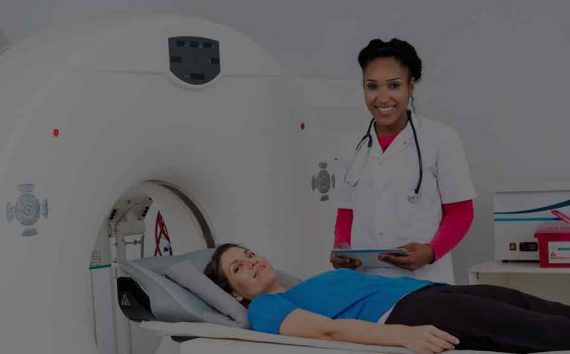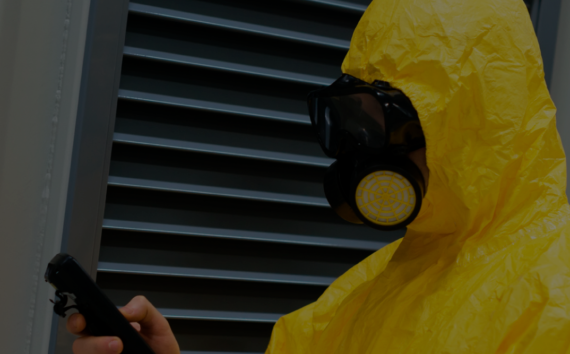INTRODUCTION
Based on the SUS Radiotherapy expansion plan – Ordinance GM/MS No. 931/2012 and Consolidation Ordinance No. 5/2017, which aims to expand and strengthen the health care network for cancer control, as well as With the rise of public and private Radiotherapy services in the country, the need for more prepared professionals to meet the demands of the labor market becomes evident.
In order to serve professionals who want to start in the area or who need updating, this Postgraduate Course at Instituto Inbrarad in partnership with Faculdade Casa Branca (FCB) is structured to provide specialization and acquisition of a solid foundation in Radiotherapy, serving the regulatory requirements of the competent regulatory authorities in the country, the proper use of operational technologies and, above all, the demands for oncology assistance in the sector.
The Graduate Course, with the faculty formed by highly qualified professionals, active in the market and a reference in the field of Radiotherapy, as well as, with a dynamic, practical and updated methodology, will provide a differential in the training of specialists in Radiotherapy.

OBJECTIVE
Specialize professionals to perform operational activities in linear accelerators used in Radiotherapy, meeting the demand of national regulations, especially in the public and private population service network, with an emphasis on medical dosimetry and cancer treatments with Radiotherapy.
Provide an up-to-date overview of the dosimetry activities of the Radiotherapy physical planning sector.
Specialize professionals for the development of teaching skills in Radiotherapy.
TARGET AUDIENCE
Holder of higher education degree, graduated by an officially recognized Higher Education Institution: Radiology Technologists
WORKLOAD
The Specialization course in Radiotherapy with Emphasis on Treatment Techniques & Dosimetrist at Faculdade Casa Branca (FCB) has a total of 460 hours distributed in modules.
TEACHING STAFF
The Postgraduate course has a faculty formed by highly qualified professionals, active in the market and recognized in the field of diagnostic radiology.
CURRICULUM
The course is divided into 5 modules covering theoretical teachings, with traditional teaching techniques, practical activities simulated in the classroom, along with fundamental content in the “EAD” format, strengthening learning. The contents are prepared in order to stimulate and develop fundamental skills to perform activities in the Radiotherapy oncology service, as well as to develop teaching skills in this area.
MODULE I – 88h
Basic math
Radiobiology applied to Radiotherapy
Equipment and treatment modalities in Radiotherapy
Radiological protection fundamentals
Radiological accidents in Radiotherapy I
MODULE II – 86h
Radiotherapy quality assurance program
Quality control of the simulator tomograph
Quality control of the planning system
Linear Accelerator Quality Control
Sectional anatomy
Accessories and immobilizers used in Radiotherapy
2D and 3D simulation
MODULE III – 196h
Medical Physics applied to Radiotherapy
Design of risk bodies
2D planning
3D conformational planning
Radiotherapy treatment techniques
Treatment quality control
Risk assessment in Radiotherapy
Radiological accidents in Radiotherapy II
MODULE IV – 24h
Pedagogical aspects in the knowledge transition
Cancer patient psychology
Basic Management Concepts
MODULE V – 56h
Research Methodology (TCC)
FINAL CONSIDERATIONS
There will be a maximum of 30 places available for each class;
The selection process will take into account higher education;
The final course conclusion work (TCC) will be carried out in groups defined by the general coordination of the course and must be presented as a Scientific Article;
Online classes will be made available for some modules, not exceeding 20% of the current workload (Ex.: Research Methodology, etc.);
A virtual classroom will be made available for each class in which students will have full support during the course (didactic materials, online classes, exercises, assessment of activities, etc…);
The prerequisite for the course is that participants must have higher education (radiology technologists, doctors or dentists);
In order to carry out the classes, in addition to traditional teaching techniques, students will have the opportunity to learn using technological resources such as “data show” projectors, microcomputers and educational software. Through dynamic classes focused strictly on professional practice, students will learn through teacher-student and student-student interactions.



